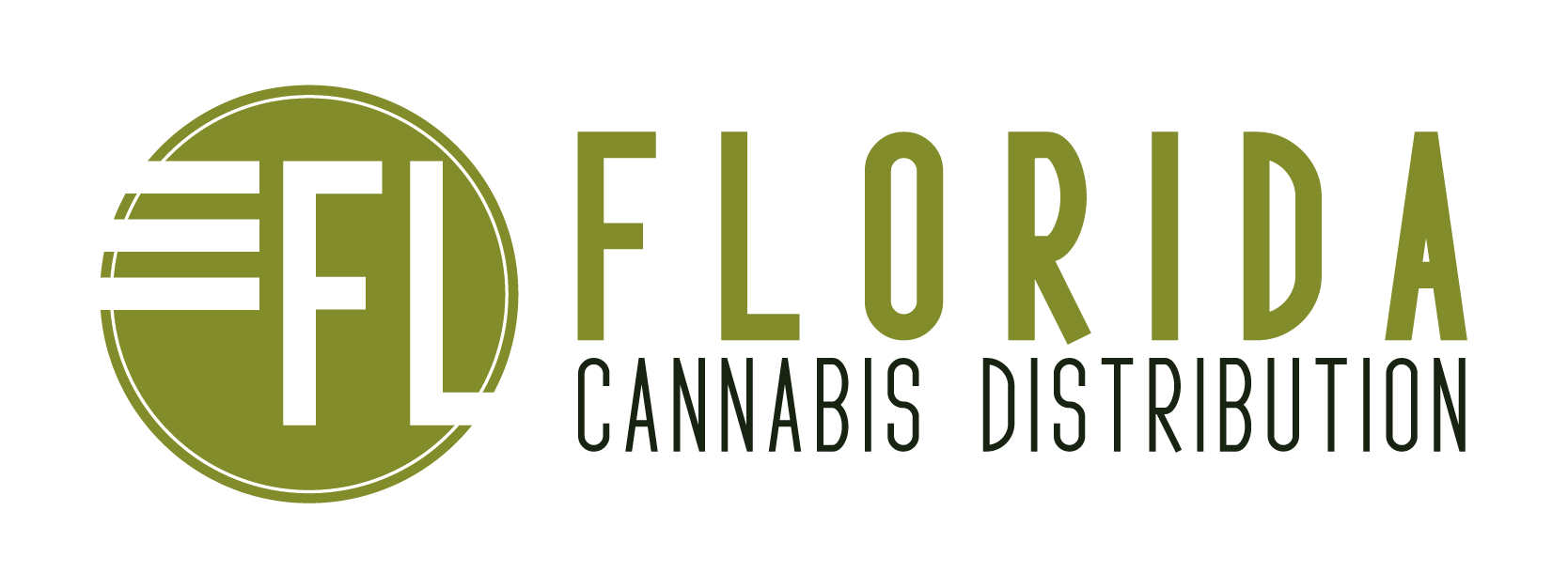In Florida, cannabis waste management is a tightly regulated process designed to safeguard public health, prevent diversion, and support environmental responsibility. Cannabis distributors and supply chain operators must follow clear procedures from storage to final disposal to remain compliant with state law.
What Qualifies as Cannabis Waste?
Cannabis waste refers to any marijuana product or material that is no longer usable or intended for sale. This includes:
- Plant waste: Trimmings, leaves, stems, and other unprocessed plant material.
- Processing waste: Residues from extraction, solvents, and lab debris.
- Product waste: Expired, damaged, or recalled items.
- Contaminated materials: Items such as gloves or tools that have come into contact with cannabis.
Pre-Disposal Storage Requirements
Before disposal, cannabis waste must be:
- Stored in locked, secure, and enclosed containers within restricted-access areas.
- Monitored by video surveillance at all times to prevent unauthorized access or theft.
Rendering Waste Unusable
Before waste can be legally disposed of, it must be rendered unusable, unrecognizable, and irretrievable. This is typically achieved by:
- Grinding plant waste and mixing it with an equal or greater volume of other materials such as compost, paper, cardboard, or kitty litter.
- Neutralizing liquids through chemical processes.
- Performing all rendering activities under video surveillance with at least two employees present (one must be a manager).
Documentation and Tracking
Every step of the waste process must be documented:
- Record details in the state’s seed-to-sale tracking system, including type of waste, weight, method of disposal, and batch numbers.
- Keep video records and witness logs for each disposal event.
- Submit notice of disposal intent at least three business days before destruction.
Final Disposal Methods
Once rendered unusable, cannabis waste may be:
- Composted at an approved facility.
- Incinerated.
- Sent to a licensed solid-waste facility for landfill disposal as non-controlled waste.
Environmental and Federal Considerations
Even though cannabis is federally classified as a Schedule I substance, Florida’s regulations govern its waste management. The state’s environmental guidelines encourage disposal methods that minimize ecological impact, such as composting where feasible.
Summary of Key Steps in Cannabis Waste Management
- Categorize and separate cannabis waste according to Florida regulations.
- Secure waste in locked, surveilled containers until disposal.
- Render waste unusable and unrecognizable through grinding and mixing with non-cannabis material.
- Log all activities in the seed-to-sale tracking system, with detailed records and video surveillance.
- Notify regulators at least three business days in advance of destruction.
- Dispose of waste responsibly via composting, incineration, or landfill as permitted.

